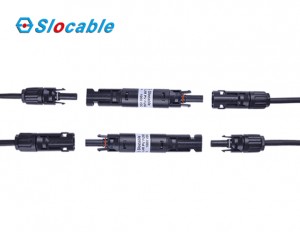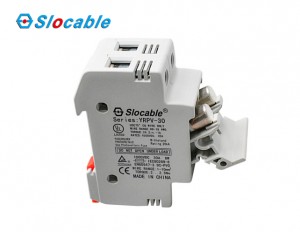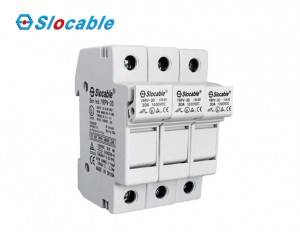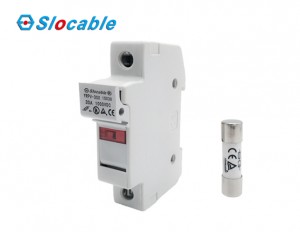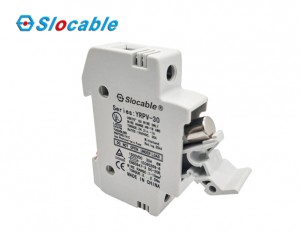-
1. What is an industrial battery?
+An industrial battery is a high-capacity rechargeable battery designed for industrial applications, including forklifts, electric vehicles, backup power systems, and large-scale energy storage. Unlike consumer batteries, industrial batteries are engineered for heavy-duty use, long cycles, and high safety standards.
-
2.What types of industrial batteries are available?
+Common types of industrial batteries include:
- Lead-acid batteries: Traditional and reliable for stationary and motive power applications.
- Lithium-ion batteries (LiFePO4, NMC): Have become the preferred option for their lightweight, fast-charging, long life, and maintenance-free capabilities.
- Nickel-based batteries: Less common, used in specific industrial equipment.
These batteries support various industrial applications such as industrial battery storage and electric-powered machinery.
-
3. How do I choose the right industrial battery?
+When selecting an industrial battery, consider:
- Voltage and capacity: Match the battery to your equipment’s requirements.
- Cycle life: Lithium-ion batteries often offer 3–5 times longer cycle life than traditional lead-acid.
- Application type: Forklifts, aerial work platforms, floor scrubbers, AGVs, AMRs, golf carts, and more may have different power requirements.
- Safety and certification: Ensure compliance with UL, IEC, or other relevant standards.
Consult industrial battery manufacturers or industrial battery suppliers for guidance on the best solution.
-
4. What is an industrial battery charger, and why is it important?
+An industrial battery charger is a device used to safely charge industrial batteries. Using the correct charger ensures:
- Longer battery life
- Efficient energy usage
- Safety during operation
Charger types may include standard chargers, fast chargers, or smart chargers with battery management systems (BMS) for real-time monitoring.
-
5. Where can I source industrial batteries and related solutions?
+You can obtain high-quality industrial battery supplies from reputable industrial battery manufacturers and industrial battery suppliers. When evaluating suppliers, consider:
- Working with certified suppliers ensures reliability and reduces operational risks.
- Range of industrial battery solutions offered, including chargers
- Product certifications (UL, CE, ISO)
- Warranty and after-sales support
-
6. What are the advantages of industrial battery power systems?
+Longer lifespan: Lasting 2–4 times as many cycles, which reduces replacement costs and downtime.
Faster charging: Reaching 80% in under two hours, and opportunity charging during breaks is safe and effective.
Virtually no daily maintenance: No watering, no equalization charging, and no acid cleaning like lead-acid batteries, saving both labor and operational costs
Consistent power output: Ensures that performance does not fade as the charge level drops, critical for demanding tasks like heavy forklift loads or aerial lifts at height.
Safer performance: Built-in battery management system (BMS) monitors temperature, voltage, and current in real time, protecting against overcharge, over-discharge, or overheating.
-
7. How can I maintain my industrial batteries?
+Proper maintenance helps extend their lifespan, reduce downtime, and ensure safe, efficient operation:
- Follow the manufacturer’s charging instructions using an approved industrial battery charger.
- Daily operation checks are required. Inspect connectors and cables for wear or looseness.
- Keep terminals clean and secure.
- Schedule periodic inspections for industrial battery power systems.
Monitor battery voltage, temperature, and state-of-charge remotely with Bluetooth or CAN monitoring for proactive maintenance.
If the industrial battery is in long-term storage, disconnect the battery, place it in a dry, ventilated area, and recharge every few months to maintain health.
Working with experienced industrial battery suppliers can guide maintenance and safety practices.

Solar DC Fuse Holder
18 years focusing on Solar cables, MC4 connectors, Fuse holders, Energy Storage connectors, EV Charging cables and so on. Our subsidiaries include Witproton, Triproton, and Trisinger.

